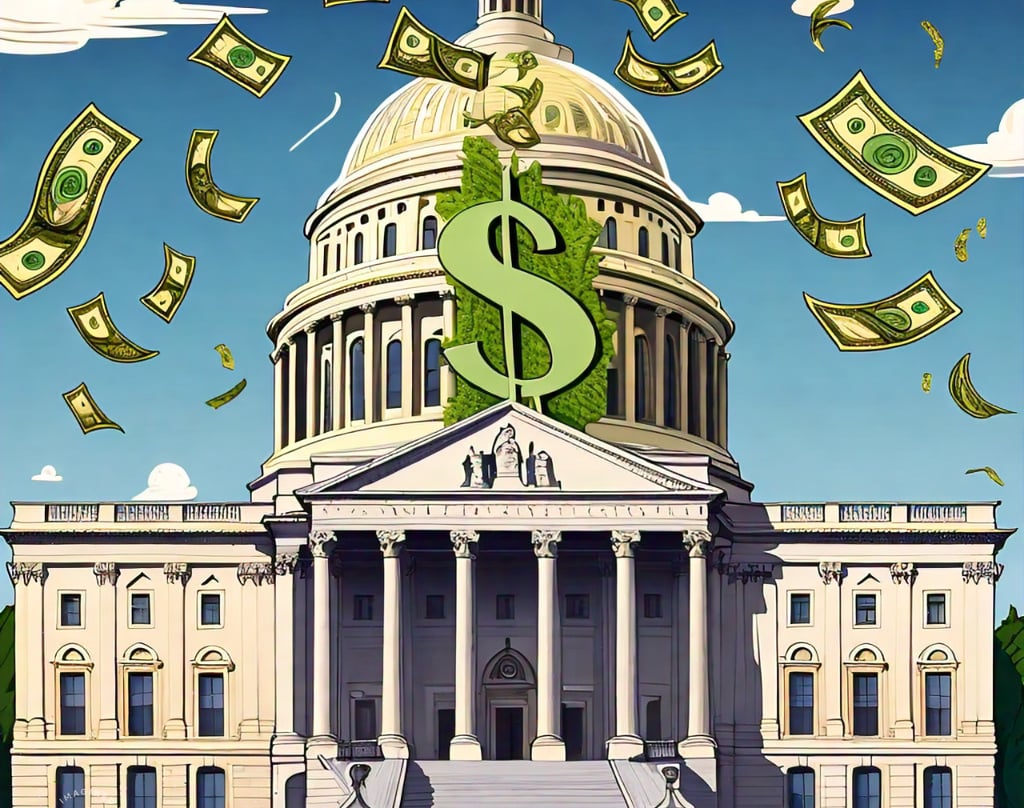Understanding Government Deficit Spending and Its Implications on the Economy


The Concept of Government Deficit Spending
Government deficit spending occurs when a country's expenditures exceed its revenues, necessitating borrowing to cover the shortfall. This practice is often employed to stimulate economic growth, particularly during periods of recession. The idea is that increased government spending can boost economic activity, creating jobs and fostering consumer confidence.
The Role of Inflation in Deficit Spending
Inflation, the rise in prices over time, can be seen as beneficial for governments with outstanding debt. As the value of money decreases, the real value of borrowed funds diminishes. Essentially, governments repay their debts with 'cheaper' money. This dynamic can make borrowing more attractive as a tool for economic policy, especially when interest rates are low.
The Case for a Balanced Budget
Despite the perceived advantages of deficit spending, many, including myself, advocate for a balanced budget. A balanced budget means the government does not spend more than it earns, fostering fiscal responsibility and reducing the risk of unsustainable debt levels. With our nation currently $34 trillion in debt, the importance of managing public finances prudently cannot be overstated.
Current Economic Situation
The current economic landscape is complex, with high levels of national debt raising concerns about long-term fiscal health. While deficit spending has its merits, particularly in stimulating short-term growth, the accumulation of debt poses significant risks. It can lead to higher interest rates, increased taxes, and reduced public investment in essential services. Balancing the need for economic stimulation with fiscal responsibility is a delicate act that requires careful consideration and informed policy-making.
In conclusion, while deficit spending and inflation can play a role in economic policy, maintaining a balanced budget remains a critical objective for ensuring long-term economic stability. The current debt level underscores the necessity of prudent financial management to safeguard the nation's economic future.
